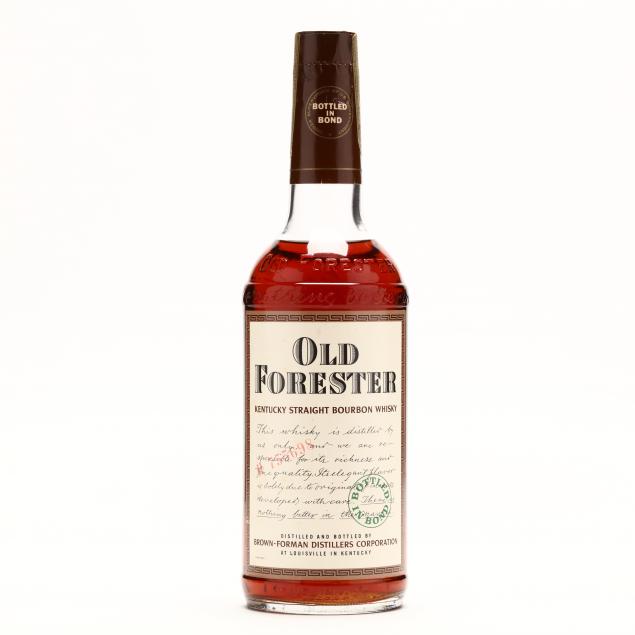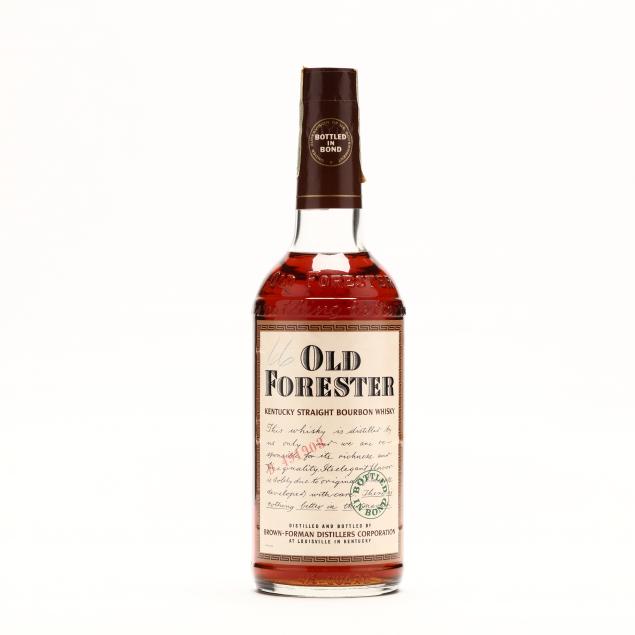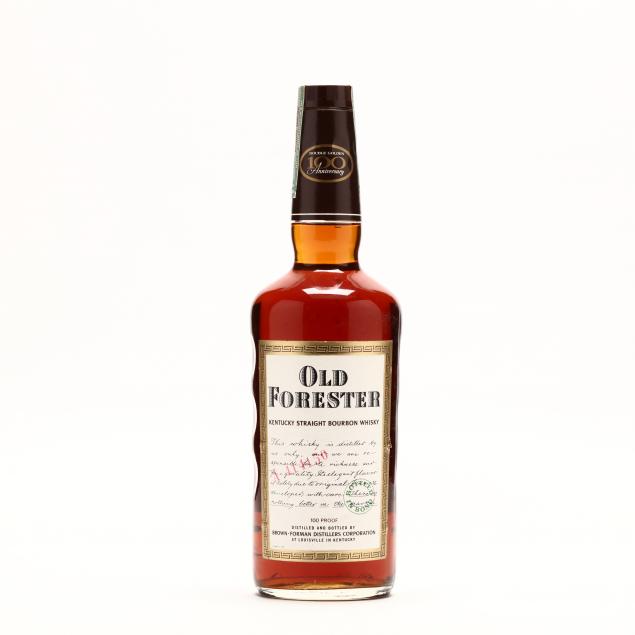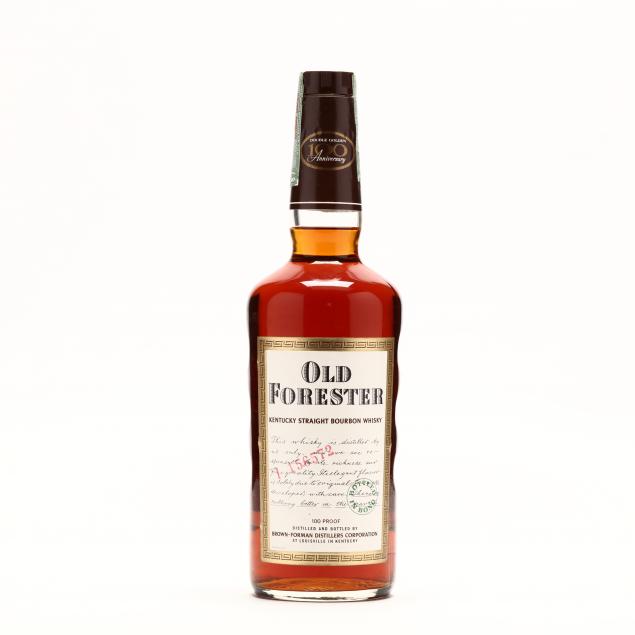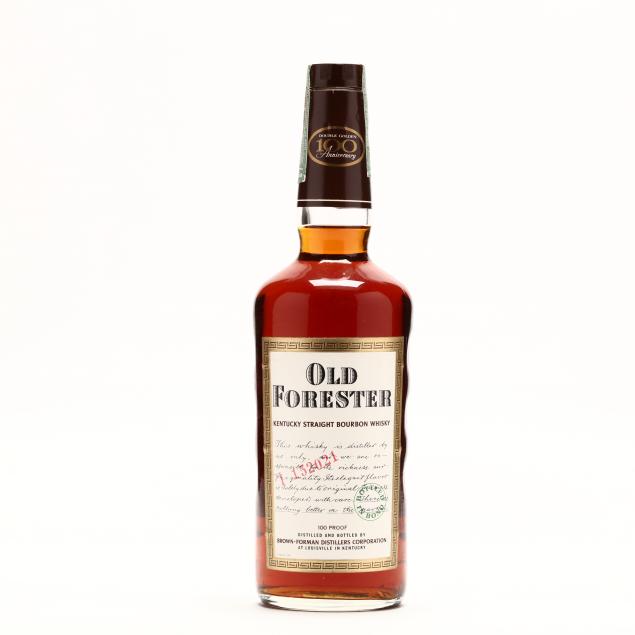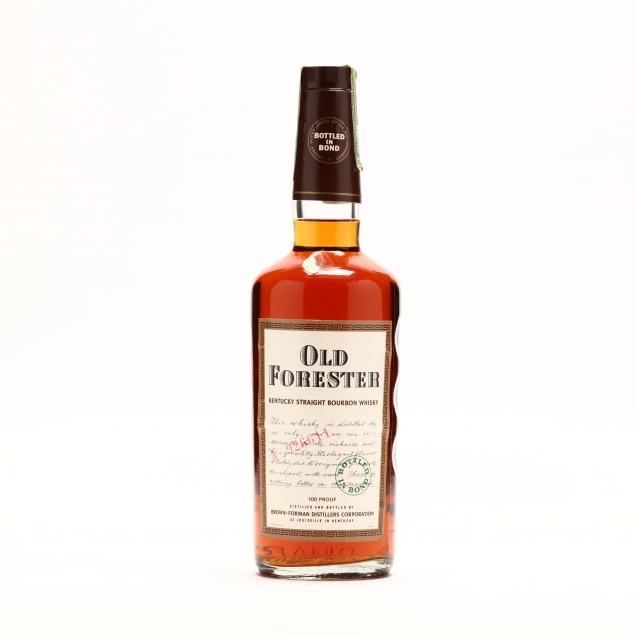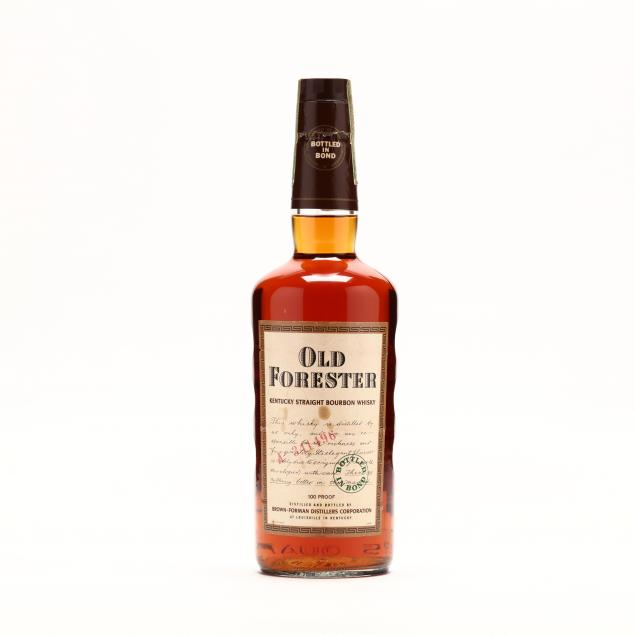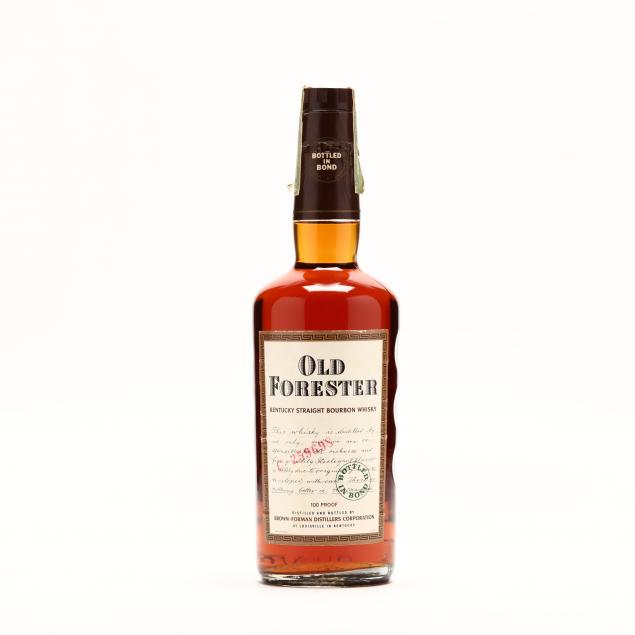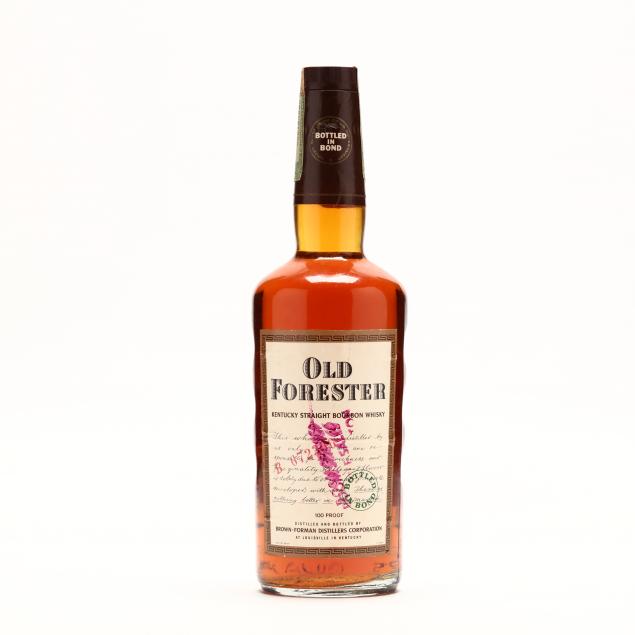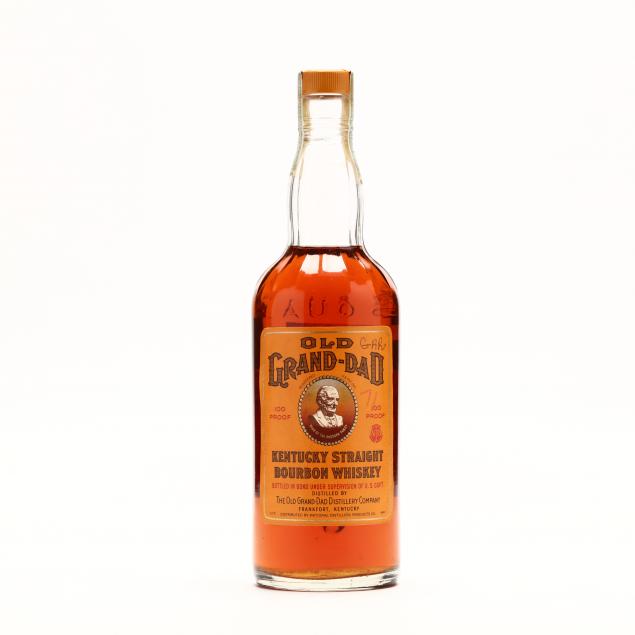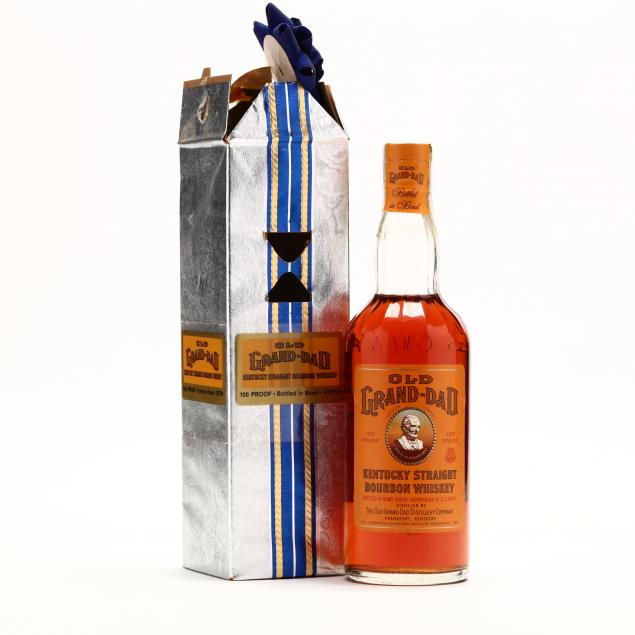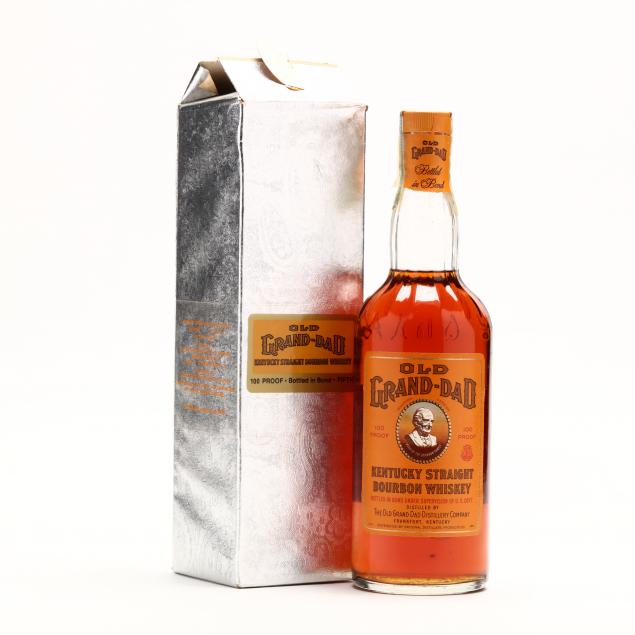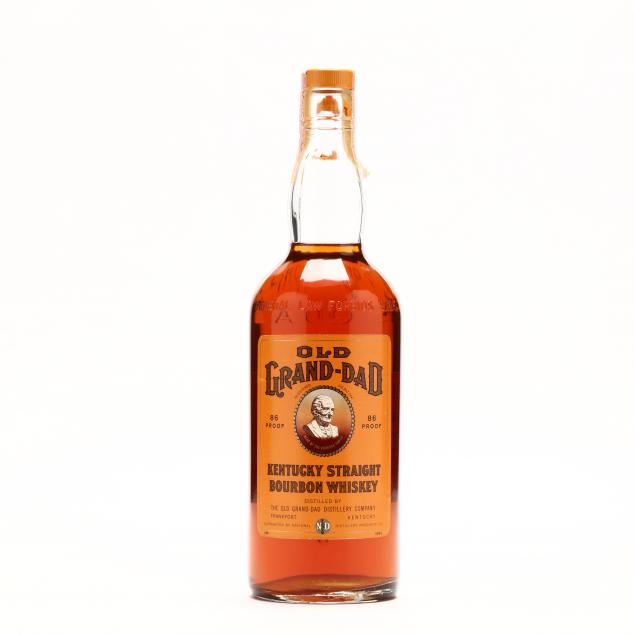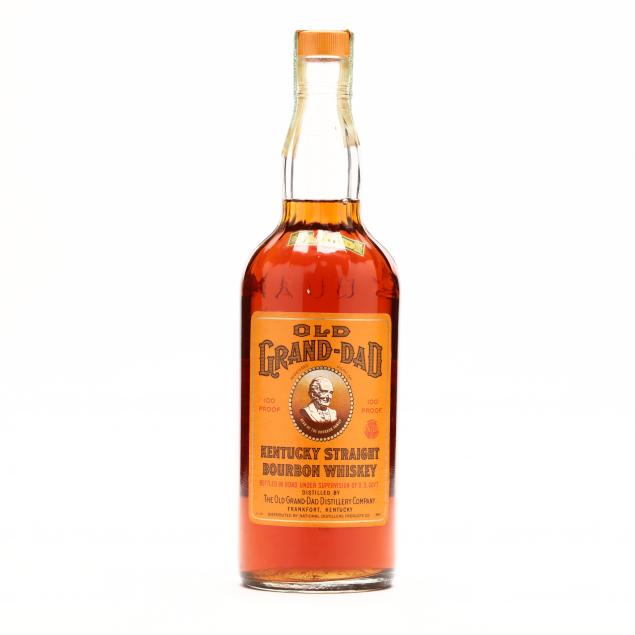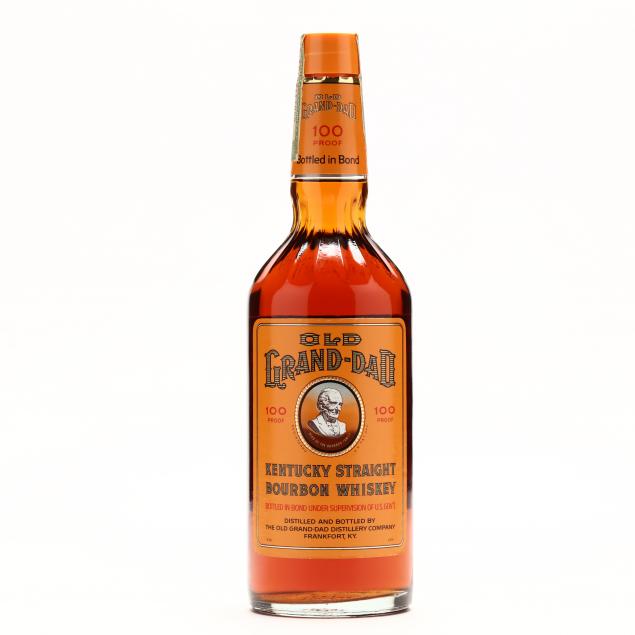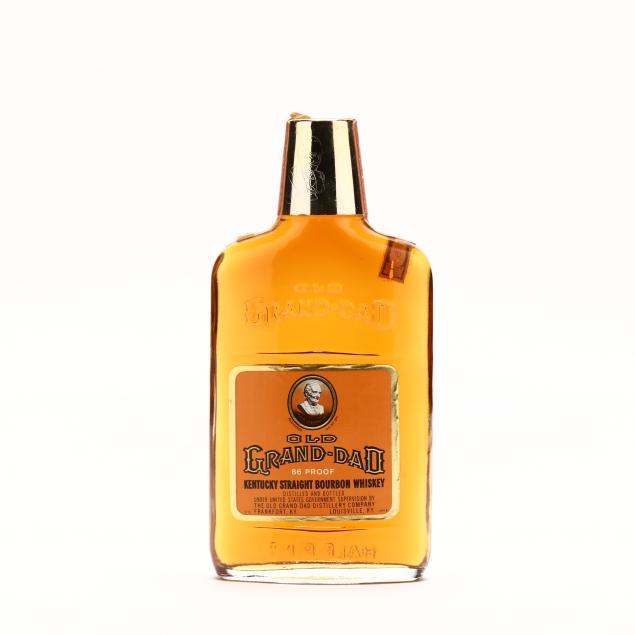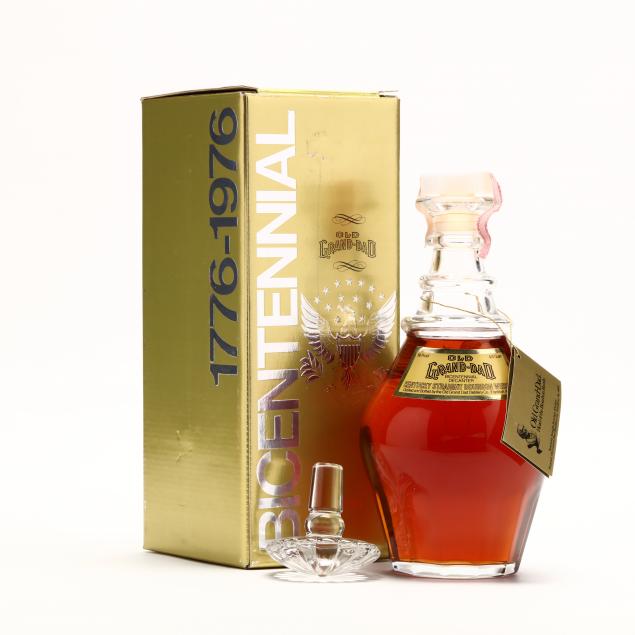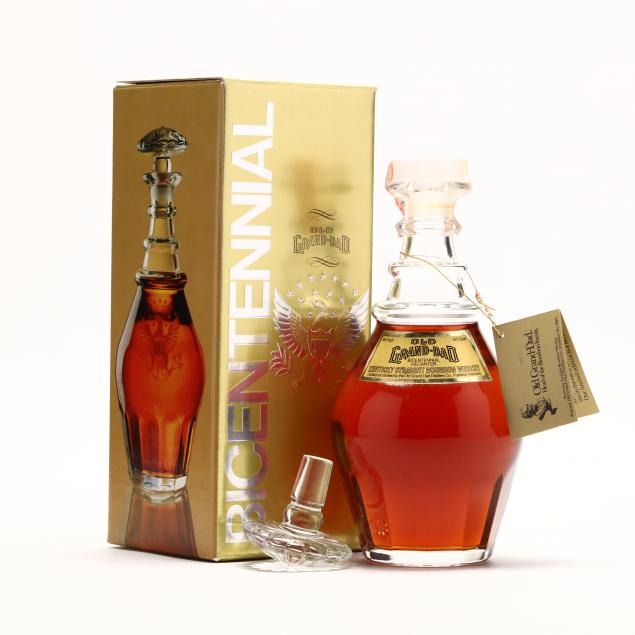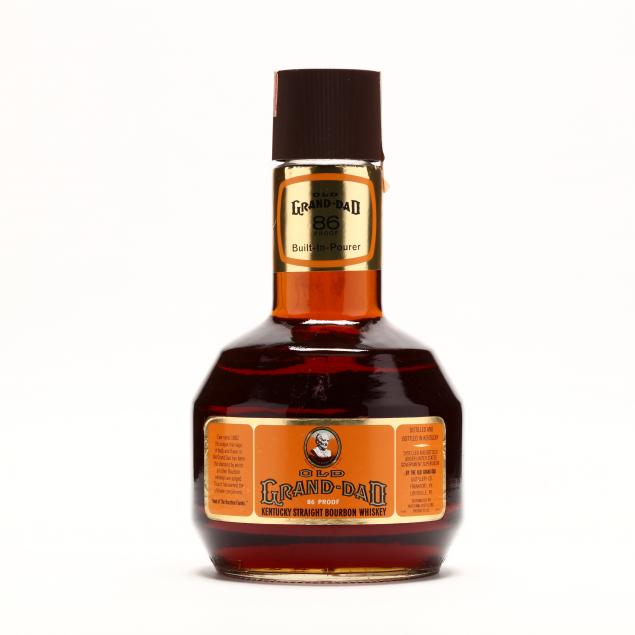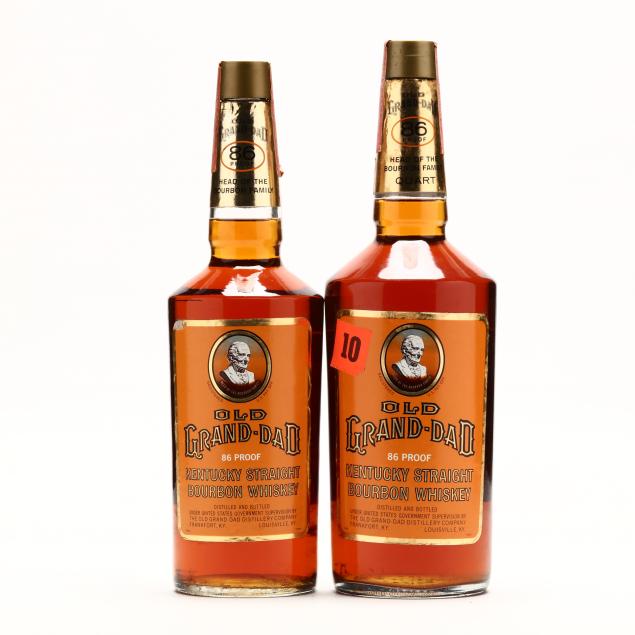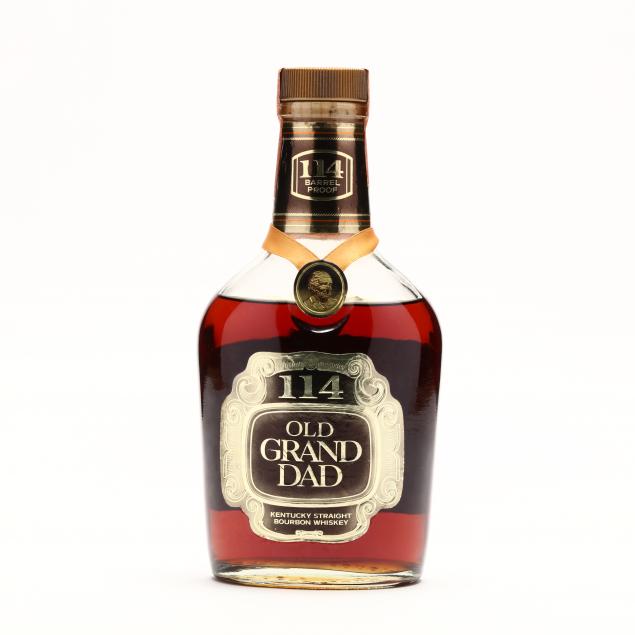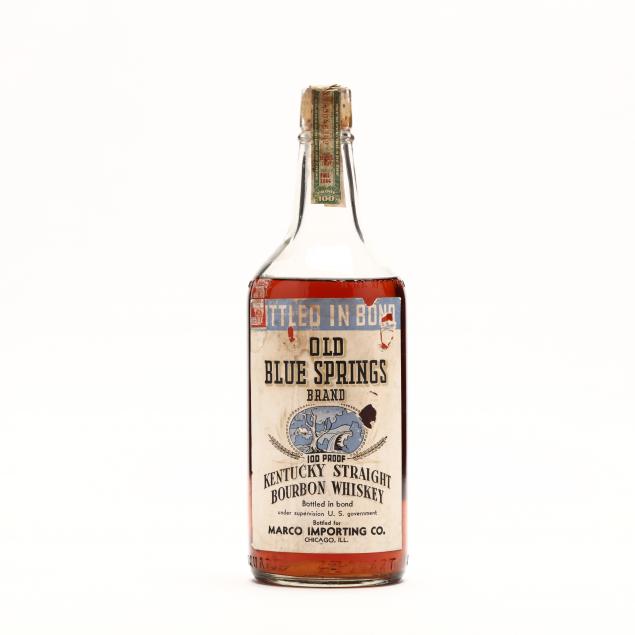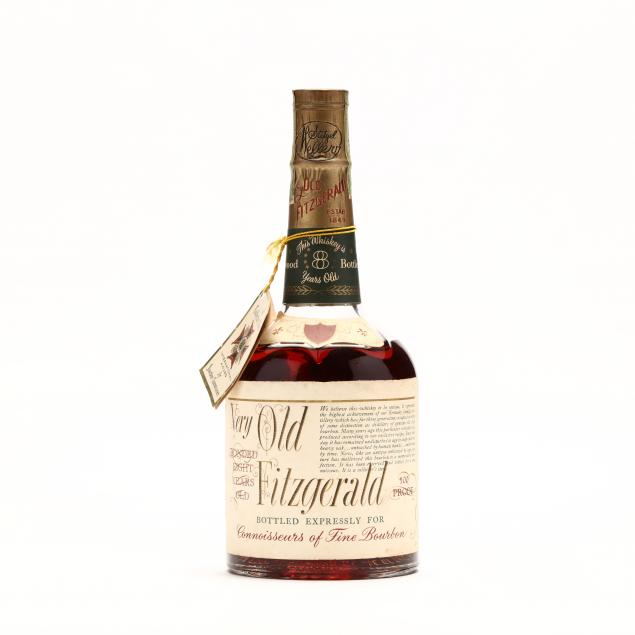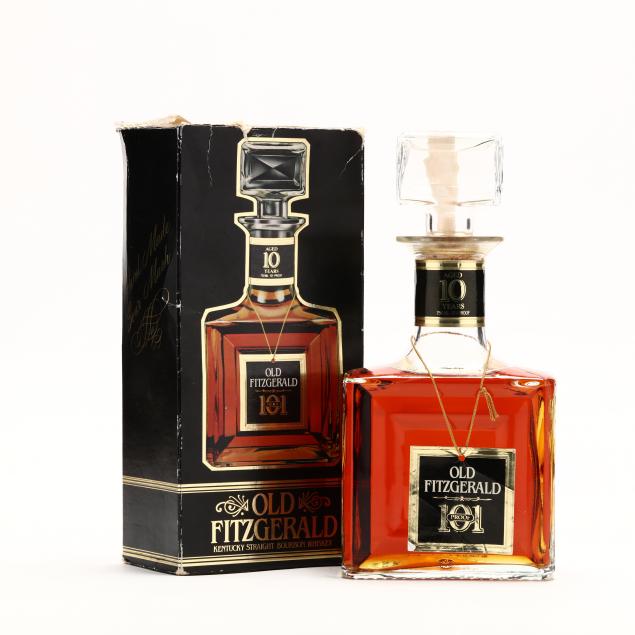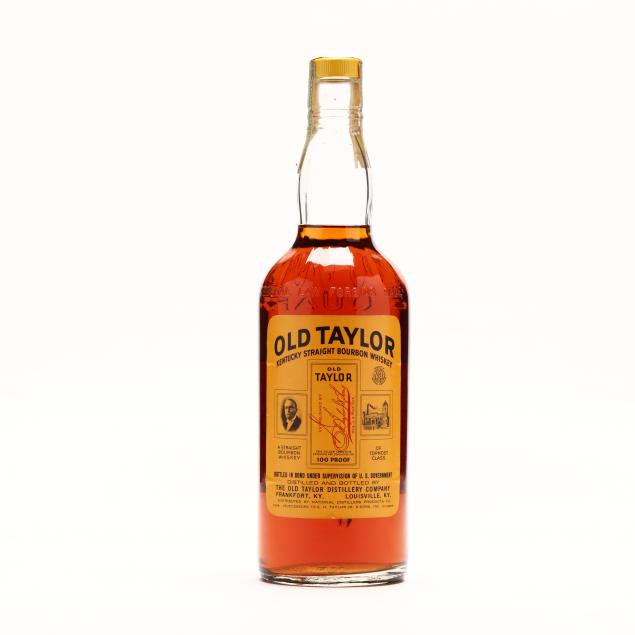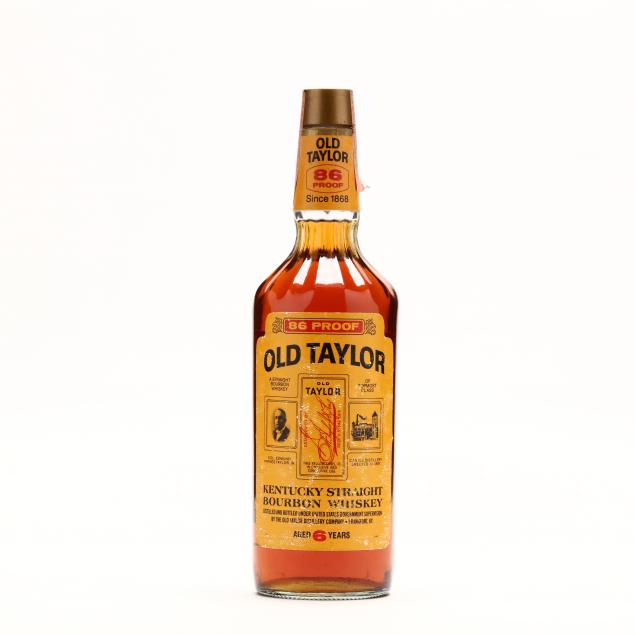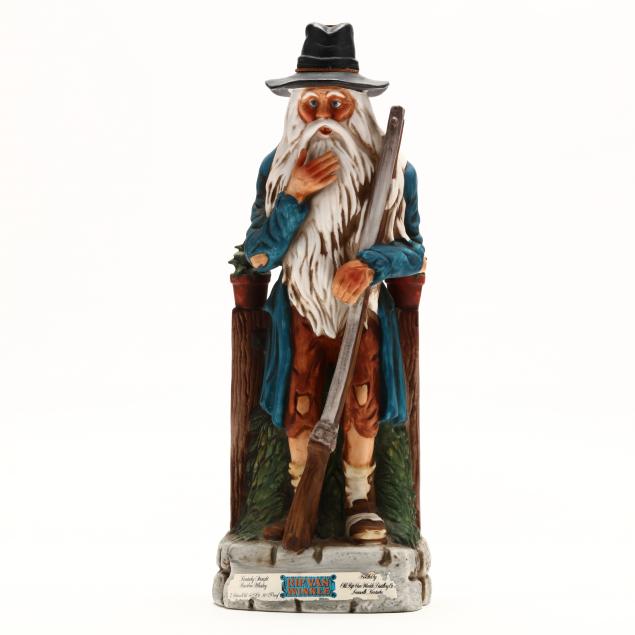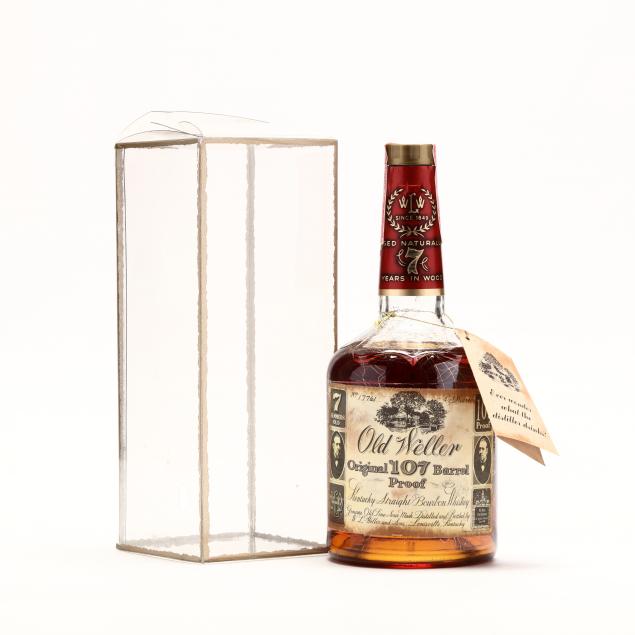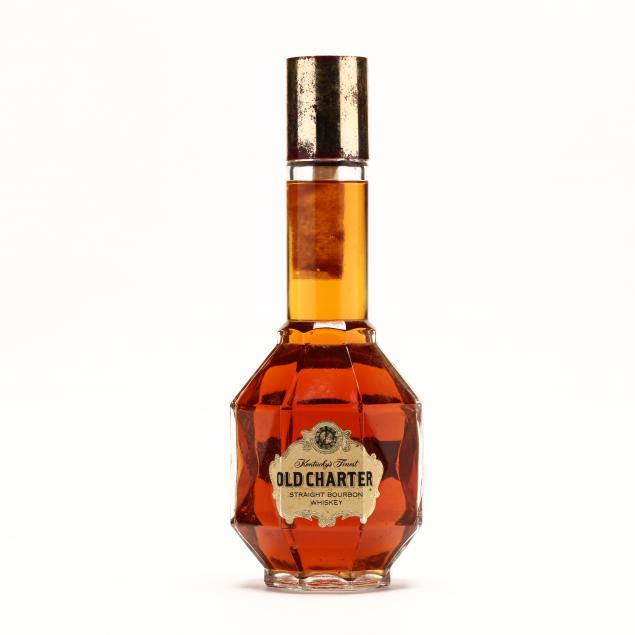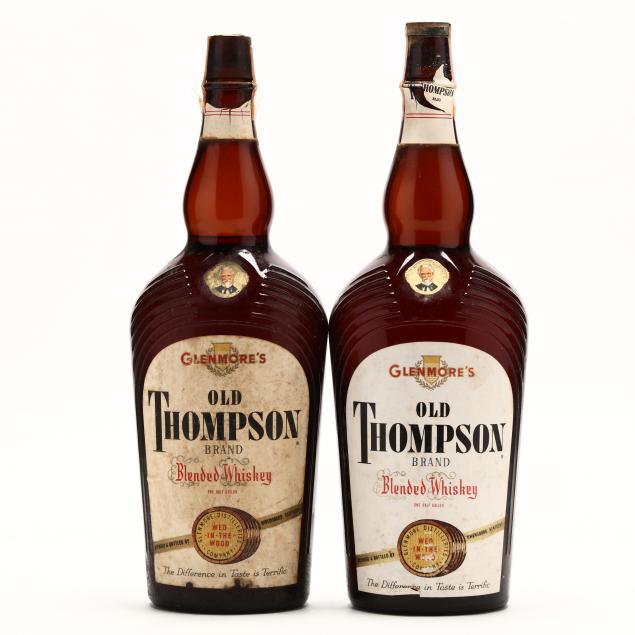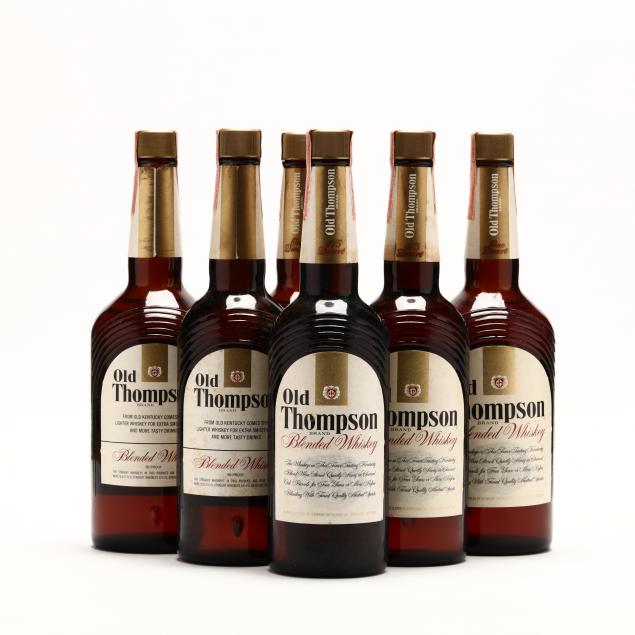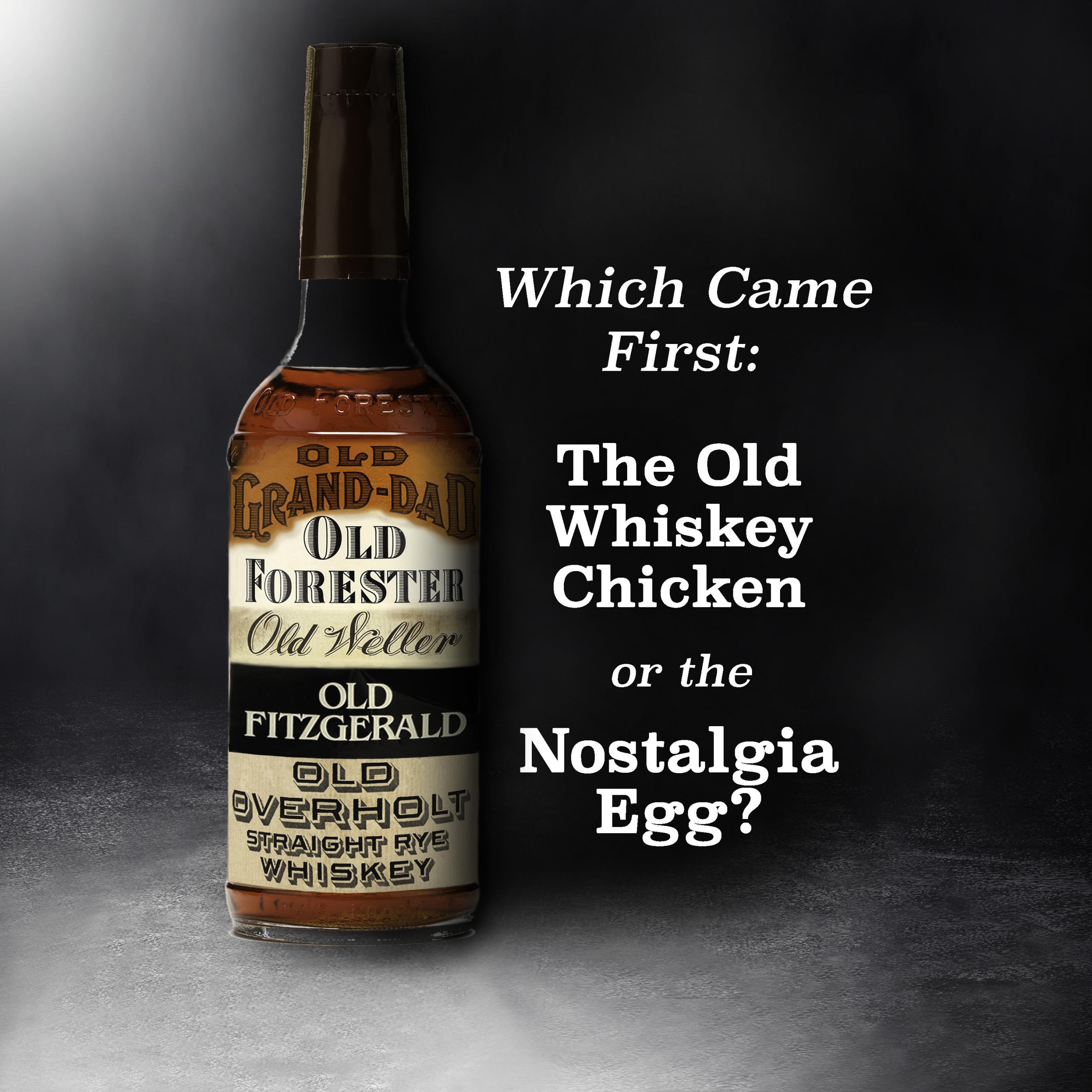
You may have noticed. There’s a lot of “Old”-ness going around in the whiskey world, particularly in America. Our current Rare Spirits Auction alone includes nine different whiskies that sport the word “Old,” and that’s hardly a definitive sampling. For all our cultural obsession with youth, the world of American whiskey long ago rejected ageism in their naming conventions and instead grabbed old age close in a tweedy, two-armed, grandpa-scented bear hug. Which has led us to wonder: what is it about being old that distillers of (forgive us) old, thought their consumers would find so necessarily appealing?
You don’t need a degree in fermentation science to know the most obvious answer is that distillers back in the day wanted to make sure consumers knew their product was aged - there wasn’t much regulation in early 19th century American spirits production, and barrel time separated the moonshine from the whiskey. And yet…can the answer really be that scientific? Who among us hasn’t let the gentle wash of tradition soften the burn on a dram of whiskey? Is the word “Old” on the bottle for our brains or our hearts?
You don’t need a degree in fermentation science to know the most obvious answer is that distillers back in the day wanted to make sure consumers knew their product was aged - there wasn’t much regulation in early 19th century American spirits production, and barrel time separated the moonshine from the whiskey. And yet…can the answer really be that scientific? Who among us hasn’t let the gentle wash of tradition soften the burn on a dram of whiskey? Is the word “Old” on the bottle for our brains or our hearts?
Maggie Kimberl, President of The Bourbon Women Association and author and editor at American Whiskey Magazine, couches the issue in pre- and post-Prohibition terms. According to Kimberl, in the pre-Prohibition era when so many historic American distilleries were founded, not only did distillers want to signal barrel-time, they were also “competing with more established European products, like Brandy, that often bore marks like ‘VX,’ ‘VXO,’ and the like.” By using the word 'old' in their brand names, they were attempting to class themselves with old world products, which carried more cachet.
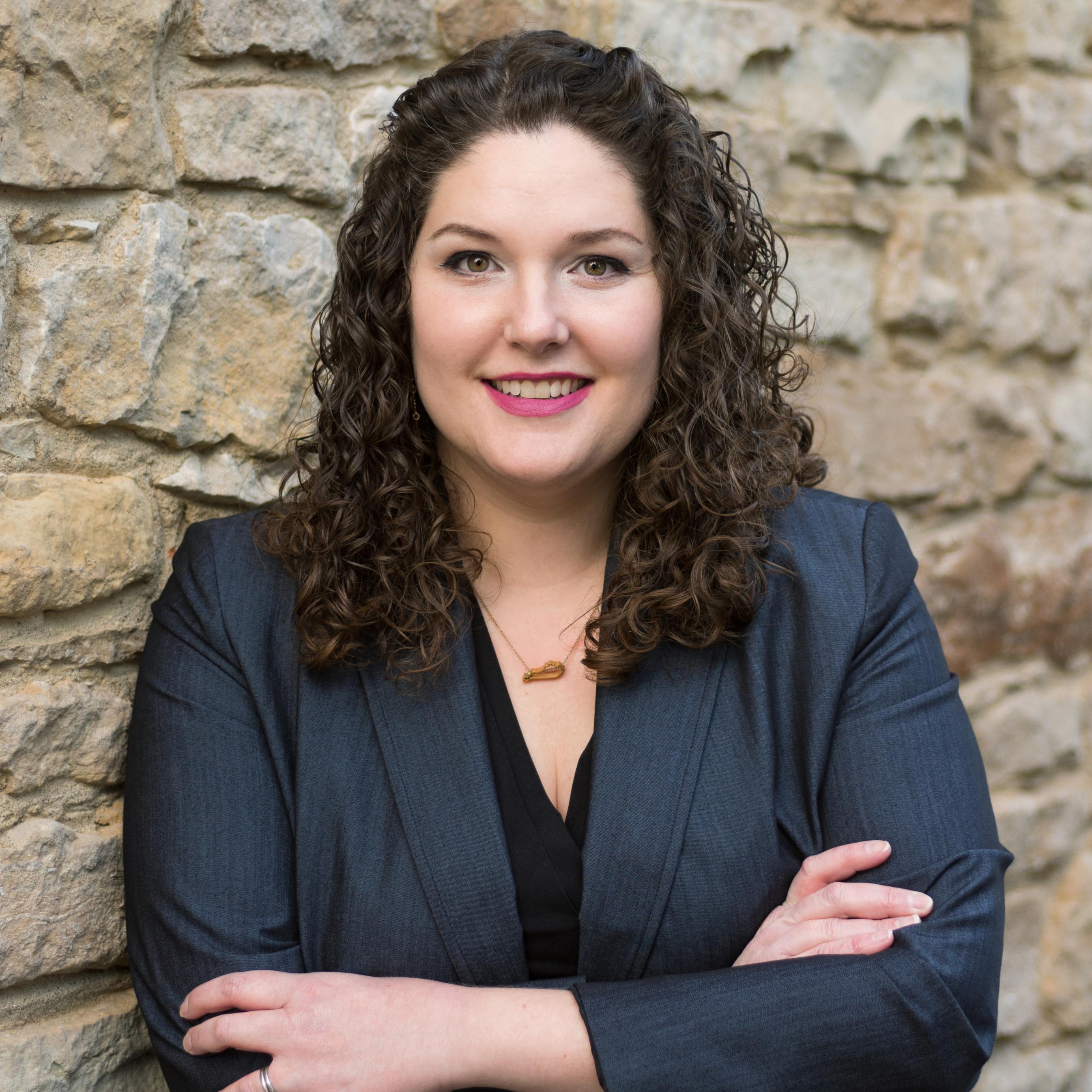
Maggie Kimberl of American Whiskey Magazine; photo by Michele Korfhage
But a Prohibition loophole that let some companies sell whiskey for medicinal purposes drained supplies of aged whiskies because “there was only one ‘distiller's holiday’ when it could be produced to replenish stocks.” So when Prohibition ended, distilleries coming back on line had to sell very young whiskey to meet renewed market demand. Says Kimberl, “often distillers would create separate brands and use some of those marks like 'XO' and 'VVXO' to denote that the whiskey was getting older, and then once there was enough aged whiskey they would discontinue that brand and start using flagship names, which often included 'Old' in the name.” Kimberl adds that since the basic process of distilling whiskey hasn’t changed much over the last 200 years, harkening back to days of yore is earned.
With Kimberl’s historical perspective in our brains, we turned to Aaron Goldfarb, author of Hacking Whiskey: Smoking, Blending, Fat Washing, and Other Whiskey Experiments and drinking culture writer-at-large to enlighten us on the heart side of the equation. His response was swift and definitive: “American whiskey has always been steeped in marketing lies and half truths - anything to make drinkers think a brand has a long tradition...and is longer-aged than others on the market. Literally putting ‘old’ in the name subliminally achieves that. Whiskey drinkers love to be seduced by the tradition and nostalgia of it all - thinking about what was going on in the world, and their lives, when the whiskey in their hand was distilled a decade or more ago. And, knowing human nature, that’s probably always been the case.”
With Kimberl’s historical perspective in our brains, we turned to Aaron Goldfarb, author of Hacking Whiskey: Smoking, Blending, Fat Washing, and Other Whiskey Experiments and drinking culture writer-at-large to enlighten us on the heart side of the equation. His response was swift and definitive: “American whiskey has always been steeped in marketing lies and half truths - anything to make drinkers think a brand has a long tradition...and is longer-aged than others on the market. Literally putting ‘old’ in the name subliminally achieves that. Whiskey drinkers love to be seduced by the tradition and nostalgia of it all - thinking about what was going on in the world, and their lives, when the whiskey in their hand was distilled a decade or more ago. And, knowing human nature, that’s probably always been the case.”
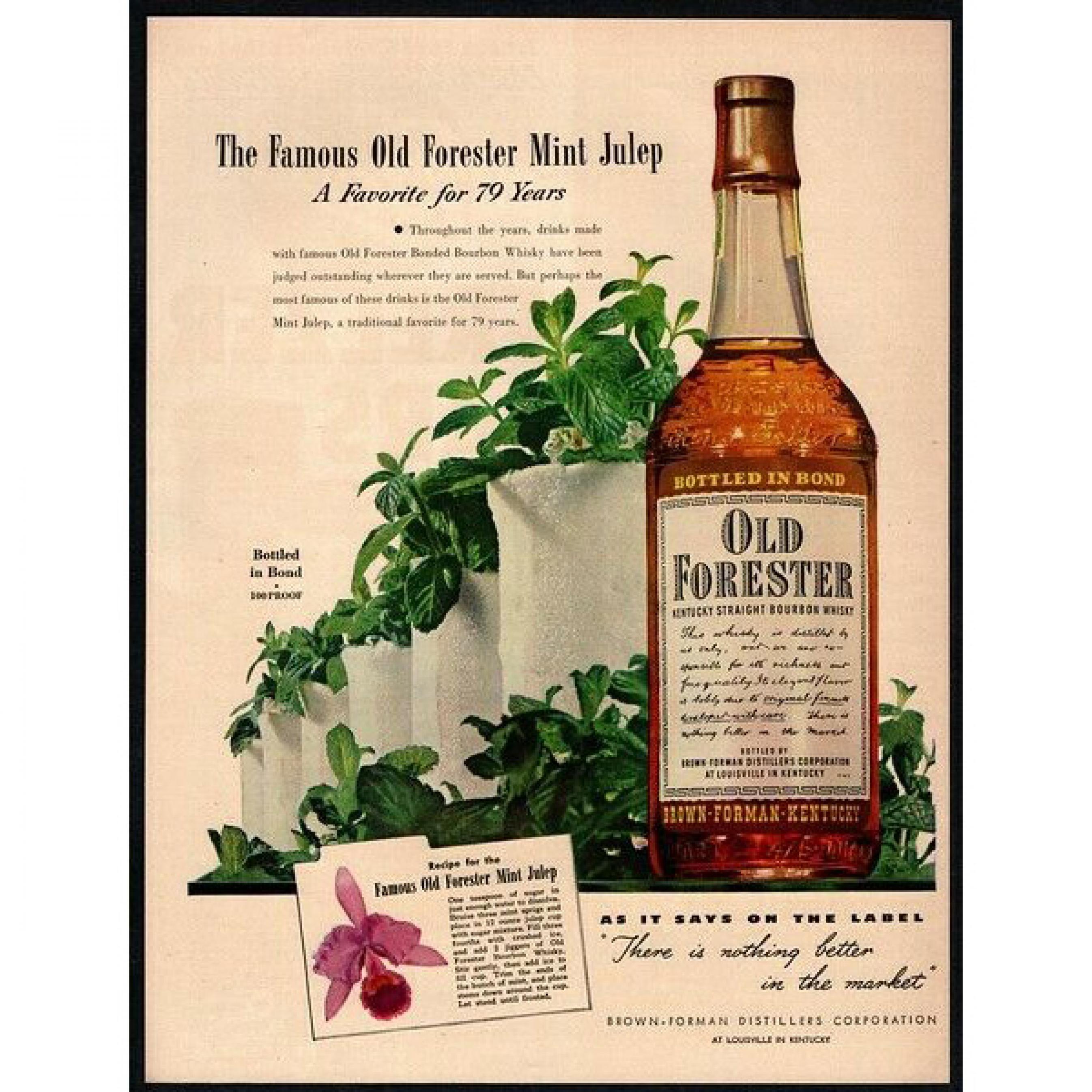
There will always be purists who want to imbibe based solely on the merits of what’s in the glass. We suppose those whiskey drinkers side with Goldfarb that the word “old” can dupe less savvy drinkers into surrendering to the romance of it all. On the other hand, one can choose to think of that romance as a value-added part of the drinking experience. What’s in the glass will always be what’s in the glass. But memories, whether our own or those we borrow from earlier times to enhance our own, are one of the treasures of the human experience.
We say if something as simple as the word “old” on a whiskey bottle can help us unlock some of that nostalgic magic, so much the better. How new-fangled of us, to appreciate the old!
Rare Spirits
Friday, February 5th
12:00pm (EST)
Rare Spirits
Friday, February 5th
12:00pm (EST)


